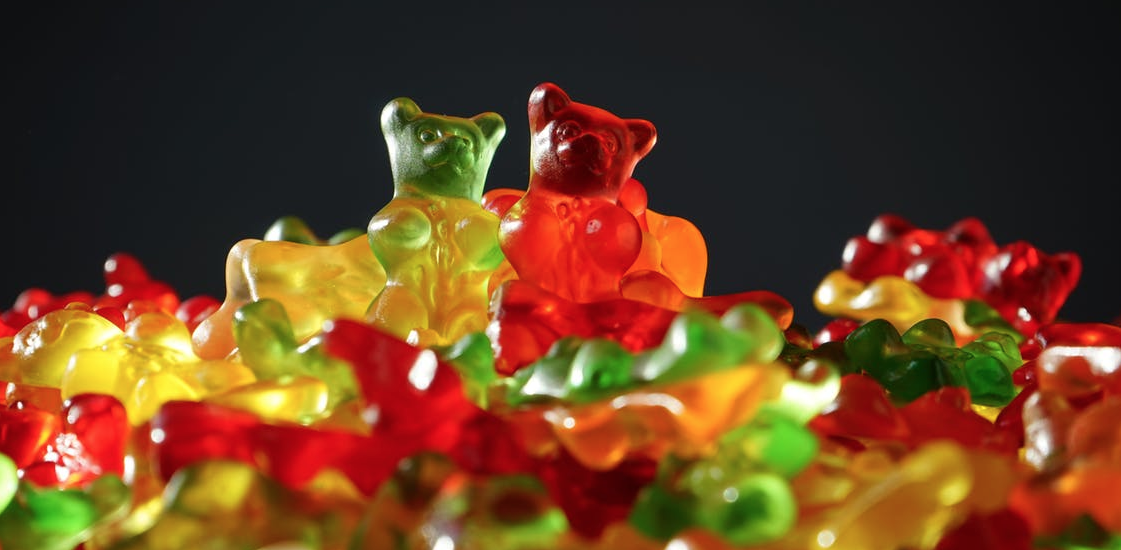
For months the Health Select Committee has reviewed all the evidence about how best to tackle the UK’s child obesity crisis. Their comprehensive and powerful report launched today “Childhood Obesity: Brave and Bold Action” is a shot in the arm that does wonders to renew faith in politicians.
The Committee’s excellent chair Dr Sarah Wollaston MP said today: “We believe that if the Government fails to act, the problem will become far worse. A full package of bold measures is required and should be implemented as soon as possible. We believe that a sugary drinks tax should be included in these measures with all proceeds clearly directed to improving our children’s health.”
This is precisely what a broad array of health professionals, NGOs (like British Heart Foundation and Cancer Research) and Jamie Oliver, have been calling for.
David Cameron’s Child Obesity Strategy
Now we wait with baited breath for the Government’s response in its child obesity strategy to be launched early next year. No doubt the Government’s strategy will contain some excellent new policies in areas like marketing unhealthy food to children. But so far, despite overwhelming support from the public and medical professionals, the message from number 10 is that the PM is not yet convinced on the need for a tax on sugary drinks.
Campaigners fear that when the day comes and the Prime Minister is asked “Why no sugar tax?”, he will reply “We gave it a good look and we think that on balance it’s not the right thing to do because it will fall on people on low incomes hardest”. The government is already briefing that the sugary drink tax would somehow be “regressive”.
Sugary Drinks Taxes Are Not “Regressive”
For people who care about the health of those on low incomes this is hugely frustrating. Yes, a dry theoretical argument can be made that sugary drinks represent a larger chunk of low income families’ weekly shop, and therefore taxing pop is “regressive”. But there are at least two reasons why the Prime Minister should be led by real world facts and not dry theory.
First, Obesity is brutal and it is hitting people on low incomes the hardest. Obesity is regressive. Tackling it is inherently progressive. Sugary drinks are the main source of added sugar for children from low-income families, and a major cause of obesity and health problems.
Second, there are easy alternatives to sugary drinks. Water or diet drinks are no more expensive. There are loads of great cheap alternatives to fizzy drinks. It’s patronising to people on low incomes to think that they won’t make the healthy, cheaper choice. Research on the impact of the Mexican sugary drink tax shows that it is working very well, and that people on low incomes are more likely to switch to healthier alternatives.
Industry Lobbying
Of course, the real reason why the government may not introduce a sugary drinks tax is that they are being aggressively lobbied by the sugary drinks industry. When Mayor Bloomberg tried to introduce similar measures in New York, the food and drinks industry spent millions lobbying to block him. The same thing is happening in the UK right now.
But the fizzy pop moguls are wrong to fear a sugary drinks tax. We all need to eat and drink. Every company that produces high sugar drinks also produces healthier alternatives. Indeed water and diet drinks are cheaper to make than sugary ones. So their profit margins can be even greater.
So please, Prime Minister, be “brave and bold” as the select committee say. There is nothing to fear and a huge amount to be gained for the health of our children.
by Olly Buston